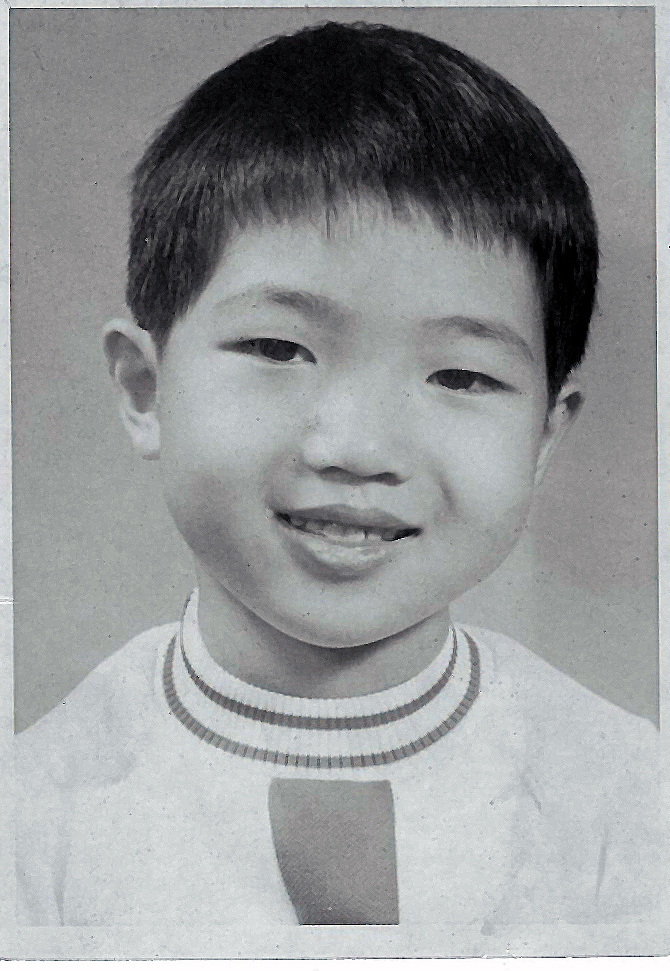As most of you will be aware, I’m a diabetic and constantly have to go to the quack for this checkup or that checkup. For my foot I go to Kings College Hospital Diabetic Foot Clinic. For diabetes itself, I am currently attending the Diabetic Clinic at St. Thomas’s Hospital. I go to my own GP for prescriptions and anything other than diabetes.
A couple of months ago I got a letter saying that I had an appointment with the lipid nurse at the Diabetic Clinic at St. Thomas’s. OK, no problem. That’s all the letter said. No instructions about what to bring (urine sample, perhaps) nor restrictions on whether I could eat before the appointment.
The rest of the background to this is that, while taking simvastatin my cholesterol has been normal to low (for a diabetic) and my ratio of good to bad cholesterol has also been very good. So seeing the lipid nurse or doctor isn’t top-of-mind for me.
Yesterday I turned up at St. Thomas’s at around 11:05 am, saw the receptionist, then went to wait. The nurse’s assistant came out and took my blood pressure (127 /71!) and weight (not so good). To the waiting room again, where a few minutes later the lipid nurse emerged and called my name. Into her office we went. She is from a middle European country and had the accent to match.
She started by asking a few questions which others had asked me before in the clinic, and the answers to which were on her computer. Then she said, “You’ve been fasting, haven’t you?” I said, “No, I haven’t.” “Why not?” “The letter I got didn’t request me to fast and the time of the appointment (11:30am) wasn’t conducive to fasting, anyway.”
She looked at me: “You should have known when you made the appointment that you needed to fast.” “Hold on,” I said, “First, I didn’t make the appointment—the clinic made it. Second, I’m diabetic, on insulin at night, so morning fasting could be dangerous for me.” She was wearing my last nerve very thin indeed. She then ordered me to fast whenever I come to the lipid doctor or nurse.
Then she came to my record and asked me whether I had any family. I mentioned that I was married in a civil partnership. She said, “There’s nothing here to allow for a civil partnership. I’ll put you down as ‘Cohabiting’.” I replied, “No you won’t! Civil partnership is equivalent to marriage, so you will put me down as married.” Nerve is now even thinner.
She then said, “Do you have brothers and sisters?” I replied, “Yes, one of each.” “We must make sure they know that they are at risk for diabetes and hypertension genetically.” I looked at her and, as calmly as I could, said, “My brother had a heart attack at the very same age I did, with angioplasty and a stent, just as I had. He was at the same time diagnosed with diabetes. I think he knows already. My sister is well aware of my brother’s and my situations, so I’m certain she knows of her own risk as well. In any case, they both live in America so the NHS won’t be taking care of them anytime soon.”
She then proceeded to lecture me on the evils of bariatric surgery, telling me about the grim side effects and promoting the virtues of simply eating less and exercising more. I had really had enough, and told her that I had been lectured like this for the last 50 years or so, and none of it was helpful enough to help me to lose weight. I know all this. What I need is help to lose weight, and bariatric surgery is my last hope of outside help bar wiring my teeth shut; it has also been shown that certain types of bariatric surgery assist in fighting off insulin resistance in your body, even before weight loss has begun.
She ended the appointment by giving me a ticket to have blood drawn for lipid testing, saying that the fact that I hadn’t fasted didn’t matter, really. Some other tests would be run and when she got the results she would send them along to me. I told her: “I already get enough bumpf from the NHS—please don’t send me the results unless I need to follow up on them in some way or other. She countered: “We like to keep our patients involved in their treatment.” I had to be firm: “Let’s save the NHS some money and not send results unless something or other needs to be done, please. Thank you.” Reluctantly, she agreed.
Those who are familiar with the “Carry On…” movies will remember the Matron, Hattie Jacques, who was a blunt, no-nonsense head nurse in many of the films. The Lipid Nurse reminded me of the Matron, so sure of what she knew and imposing it on everyone else in the hospital. It goes to show you that a good “bedside manner” is vital when doctors or nurses are dealing with patients; how much brighter and useful would this appointment have been if the Lipid Nurse’s manner had been helpful instead of confrontational.
I emerged, had my blood taken by a lovely nurse (all the nursing staff who do the routine vital signs in the Diabetic Clinic are a joy, especially the dishy young man who was also in the Cardiac Intensive Care unit when I was recovering from my heart attack) and then marched back to the bus for the trip home and to lunch in the church Drop-In. I was not best pleased.

